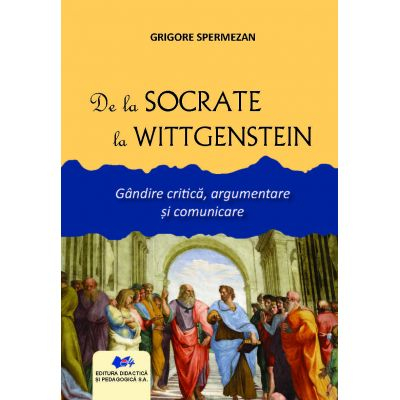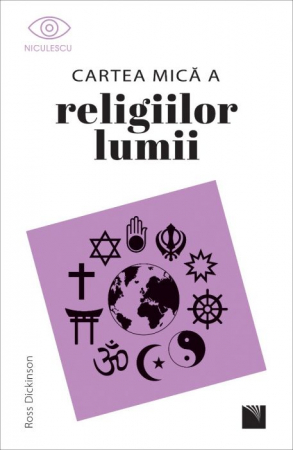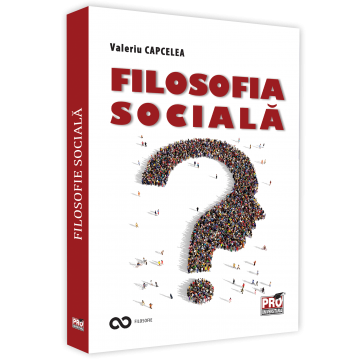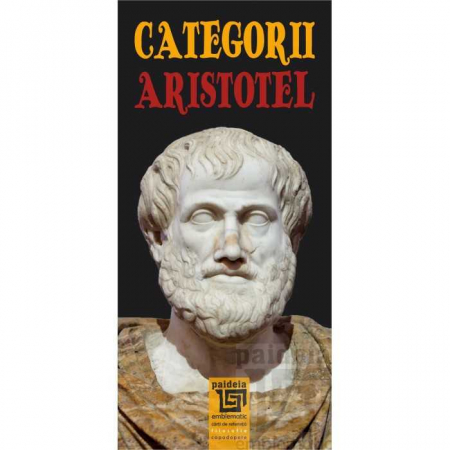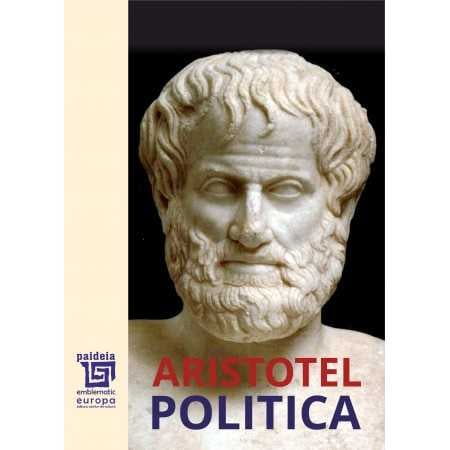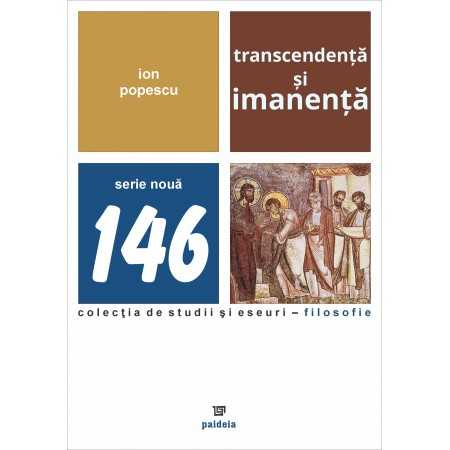Publisher: Editura Universitară
Author: Daniel Oprean
ISBN: 978-606-28-1243-0
DOI: 10.5682/9786062812430
Publisher year: 2021
Edition: I
Pages: 226
- Description
- Download (1)
- Authors
- Content
- More details
- Reviews (0)
By taking time to understand each other, it might be that different Christian traditions have a chance in the beginning of the third millennium, in this more and more pluralistic society, not only to consider the other as a viable partner for discussion and reflection, but also to develop an openness for the many elements that constitute the common terrain in which different Christian traditions share a great deal. This is not that kind of ecumenical openness that will lead to the dissolution of one person or community’s traditional or denominational identity, or to a strange union of all churches in only one church. Rather, it is that meeting of churches on the existing common ground, that is, the Christ event as revelation of the Father’s plan in the Holy Spirit, and thus being able to offer to society as a whole the partnership that is not only required and desired by God but is also needed by the world today.
Still, if this could not be possible on a global scale, in various towns and communities this could become reality locally. Also, it might be that there are a few preliminary conditions for this: first, the cultivation of a deep respect for the human being no matter his or her Christian religious tradition; second, the cultivation of a spirit of acceptance of the fact that God could work and inspire people beyond one’s limited capacity of comprehension and understanding; third, the cultivation of a positive way of being together with others in Christianity that will value the other’s potential rather than underscore their weaknesses.
To sum up, the thesis of this work is that the proper attitude and coordinates of such a development in interdenominational dialogue and relationships could be grounded in a real understanding of the theology of koinonia, that is, the reality of communion in the internal life of the church and of its relationship with the society around it.
-
From Shalom to Koinonia. Toward a Theology of Communion
Download
General introduction / 9
1. The Theology of Communion in the Old Testament:
Covenants as Contexts of God’s Revelatory Actions towards Communion with His People and with the World / 15
Introduction / 15
Creation as the Framework for Communion between God and Human Beings / 17
The Noahic Covenant as the Reiteration of the Shalom of Creation / 24
The Abrahamic Covenant as Proclamation of God’s Purpose for All the Earth / 27
The Mosaic Covenant as the Proclamation of Israel’s Priestly Ministry to the Nations / 33
The Davidic Covenant as the Last Stage before the Final Fulfilment of All Covenants / 37
The New Covenant as a Fulfilment of All Covenants: In Jeremiah and the New Testament / 43
Conclusion / 49
2. The Theology of Communion in the New Testament
Pauline’s Theological Concept of Koinonia / 53
Introduction / 53
Koinonia with Christ or the Vertical Dimension of Fellowship / 55
Koinonia in the Body of Christ or the Horizontal Dimension of Fellowship / 63
Conclusion / 78
3. The Theology of Communion in Contemporary Orthodoxy
The Theological Concept of Koinonia in the thought of Vladimir Lossky, Metropolitan John D. Zizioulas and Fr. Dumitru Staniloae / 81
Introduction / 81
Lossky’s Apophatic Model of Communion / 83
Zizioulas’ Eucharistic Model of Communion / 94
The Concept of Koinonia in the Context of Person / 96
The Concept of Koinonia in the Context of Truth / 99
The Concept of Koinonia in the Context of the Body of Christ / 106
Staniloae’s Trinitarian Model of Communion / 110
The Model of koinonia: The Holy Trinity / 111
The Participation of the Trinity in Creation / 116
The Participation of the Trinity in the Christ event / 119
The Participation of the Trinity in the Church’s Constitution and Ministry / 126
4. A Possible Theological Synthesis on Communion
Theology of Koinonia as a way for the Church‘s Participation in Christ’s Threefold Office / 133
Introduction / 133
Koinonia in its Scriptural nd Theological Framework / 135
Kerygma and Eucharist / 141
Prayer / 153
Diakonia / 173
Conclusion / 187
General Conclusion / 191
Bibliography / 197
A long-term observation reveals the fact that one of the biggest problems of the church today (no matter the denomination or tradition) is not only the scandal of conflictual relationships between different forms of being Christian, but also the incapacity of diverse Christian religious forms (or traditions) to take the time and energy to understand each other in such a way as to start to discover the validity of some of the other tradition’s arguments that could enrich one’s own tradition.
By taking time to understand each other, it might be that different Christian traditions have a chance in the beginning of the third millennium, in this more and more pluralistic society, not only to consider the other as a viable partner for discussion and reflection, but also to develop an openness for the many elements that constitute the common terrain in which different Christian traditions share a great deal. This is not that kind of ecumenical openness that will lead to the dissolution of one person or community’s traditional or denominational identity, or to a strange union of all churches in only one church. Rather, it is that meeting of churches on the existing common ground, that is, the Christ event as revelation of the Father’s plan in the Holy Spirit, and thus being able to offer to society as a whole the partnership that is not only required and desired by God but is also needed by the world today.
Still, if this could not be possible on a global scale, in various towns and communities this could become reality locally. Also, it might be that there are a few preliminary conditions for this: first, the cultivation of a deep respect for the human being no matter his or her Christian religious tradition; second, the cultivation of a spirit of acceptance of the fact that God could work and inspire people beyond one’s limited capacity of comprehension and understanding; third, the cultivation of a positive way of being together with others in Christianity that will value the other’s potential rather than underscore their weaknesses.
To sum up, the thesis of this work is that the proper attitude and coordinates of such a development in interdenominational dialogue and relationships could be grounded in a real understanding of the theology of koinonia, that is, the reality of communion in the internal life of the church and of its relationship with the society around it.
Regarding the subject of koinonia, the reality is that many times different Christian traditions have a kind of unbalanced view of the area of church history and history of doctrine in which they focus their research. For example, the insistence of the modern Protestant-Evangelical traditions on the importance of the Holy Scriptures for the theology and the life of the church is well-known.
The insistence of the premodern Christian traditions, Catholic and Eastern Orthodox, on the importance of patristic theology in the life of the church is also known. In our argument we start with the presupposition that these two important perspectives are not excluded by each other; rather, they are elements of a very prolific theological synthesis for the life of the church.
This synthesis is necessary because, on the one hand, many communities of Protestant evangelicals are champions of a biblicism that needs to be theologically informed, and on the other hand, the Eastern Orthodox as the champions of the study of patristic theology need to be reminded of the fact that the Fathers were deeply biblically minded and culturally focused.
Thus, it is clear that this work is limited to an analysis of the concept of koinonia as reflected in Scriptures and contemporary Orthodox thought, acknowledging the fact that there are interesting developments in Roman Catholic and Western Protestant theology as well.
Therefore, our study has a threefold focus: to discover, first, the way in which the Bible develops the theological concept of koinonia; second, the way in which the theology of koinonia is reflected in contemporary Orthodox thought; and third, to try to sketch a possible model for a theological synthesis that will avoid denominational partisanship, in the form of extreme fundamentalistic biblicism or theological fundamentalism.
A biblically grounded and theologically informed theology of koinonia is one of the possible ways for the different churches to come together with openness and humbleness, creating space for the other as well, in a context of a modernity which is characterized many times by “the disappearing other.”

6359.png)
![From Shalom to Koinonia. Toward a Theology of Communion [1] From Shalom to Koinonia. Toward a Theology of Communion [1]](https://gomagcdn.ro/domains/editurauniversitara.ro/files/product/large/from-shalom-to-koinonia-toward-a-theology-of-communion-3063-4500.jpg)




